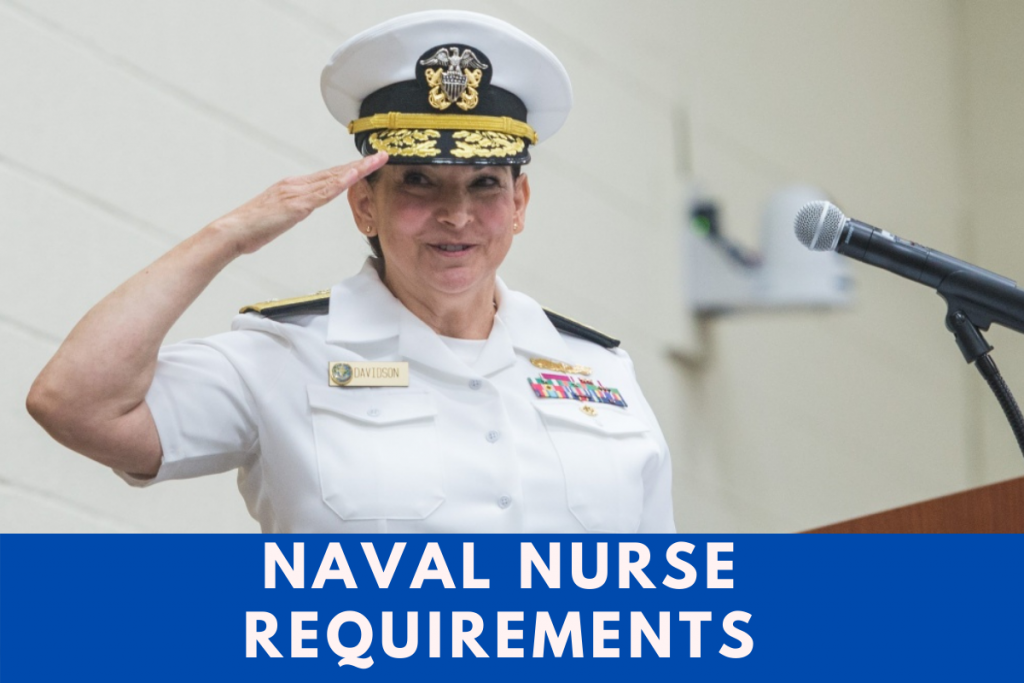History – It’s been centuries since the first ever Naval Nurse Corps was established officially. The first group of women who served formally as members of the Navy was known as the ‘Sacred Twenty’. They were first assigned to the Naval Medical School Hospital in Washington, D.C. They were a combination of three Nurse Corps Superintendents and twelve chief nurses. During the First World War, the nurse corps gradually increased to 160 due to the high demands of the nurses. It wasn’t until the late 1920’s that the nurses were actually able to experience their first permanent shipboard. However, the first temporary shipboard positions came in during 1913.
During the first and Second World Wars, the nurse corps expanded greatly due to the huge demands of medical professionals. While many nurses suffered casualties, they still kept it going with their iron hearts will and strong determination.
The Navy wasn’t as much culturally diverse as it needed to be. It wasn’t until 1945 till the first black nurse was appointed to the navy. Her name was Phyllis Mae Dailey. Only four out of many nurses were only able to serve in the naval corps during the second world ward.
The first group of nurses that graduated from the Navy Flight Nurse School at the Naval Air Station Alameda was a group of 24 enthusiastic nurses in 1945. In addition to the basic nursing training they were also given the navy training. This training was required for them to survive in the field.
Naval Nurse Requirements

Requirements – In order to join the naval Nurse corps, one must meet some requirements and some specific criteria. For example, nurses within the age range of 18 – 41 are only eligible to apply. The applicant must be a citizen of the respective country. Applicants must earn a Bachelor of Science degree in Nursing accredited by the Commission on Collegiate Nursing Education. They also must have a working license. Furthermore, they should be well aware of how to administer medications, anesthesia etc. Another requirement is that a navy nurse should be able to complete 20 years of service by they become 62. All nurses are required to complete 3 years of service in the navy as an active duty naval officers.
Work Environment – Naval force nurses might be presented in more than 250 restorative offices around the globe. Some work on rehabilitation ships or on-board vast warships. A Navy nurse might be connected to a field unit supporting Navy and Marine powers in combat zones. In case of a catastrophe, they might be sent to help with giving crisis help to regular citizens. Some Navy nurses fill in as flight nurses thinking about patients being transported to hospitals. Although some Navy nurses work normal hours, they are recommended to give nursing care 24 hours every day. The work may include working extend periods of time or under field conditions near continuous battle activities.
Basic duties of a navy nurse – The naval nurses are required to perform a diverse range of medical services for their patients. For example, they are given the responsibility to monitor the vital signs, and treat a wide range of illnesses and injuries. Moreover, they also help doctors and surgeons in war zones or during crises. Naval force nurses participate in humanitarian works and give treatment to casualties of catastrophic events. The Navy relies upon nurses who are specialists in each therapeutic field. For example, crisis care, psychological well-being, pediatrics, and neonatal serious cases.
Job outlook – In 2011, the Labor Statistics evaluated work for every enrolled nurse will increase by 26 percent from 2010 to 2020. Naval force nurses will be considered more after they become a veteran. They are recognized more when they become more established and as more people enter the Navy. Nurses with continuing education, training, and experience will be advanced at higher rates than those without these capabilities. The Navy repays nurses who wish to come back to class to advance their training.
Certification – The primary certification a Naval Nurse will require is a Bachelor’s degree and a functioning RN permit. They will likewise be guaranteed in Basic Life Support (BLS). Acute Cardiac Life Support (ACLS) and Pediatric Advanced Life Support (PALS) certifications are required for a specific nursing specialty.
Benefits of Naval Nursing – The advantages of turning into a Nurse in the navy are many as it gets. They are furnished with the resources they need to build up their career. They keep preparing and developing as they turn into a recognized pioneer in their field. Opportunities for progressing higher education and clinical specialization are considered. They will get dental and life insurance, retirement plan choices, housing allowance, and 30 days of paid leave every year.
They’ll additionally appreciate a sensible work-life balance that gives a lot of time to family and recreational interests. The measure of their housing is needy upon their position, as they get advanced these facilities increase.
Salary – The pay scope of a navy nurse ranges from $58,000 on upward. The compensation of a navy nurse depends on their education level after authorization. Moreover, their position and any additional certifications they may hold as well. Regardless of the pay, they will have the choice to acknowledge a sign-on reward. An enrolled nurse who consents to acknowledge a commission as an officer might be paid an increased reward. A reward of up to $30,000 for a four-year contract or up to $20,000 for a three-year contract will be given.
Opportunities – Boosts in compensation in the navy depend on various aspects. Climbing in rank is the main factor. This will increase the salary as well as the facilities they are given. Deployments and missions will offer them rewards, for example, risky pay for the time they are carrying the mission.

Leave a Reply